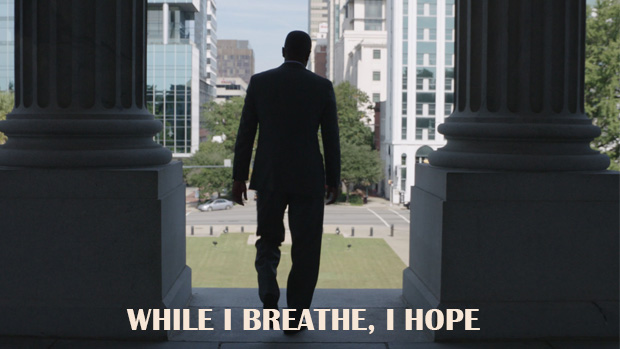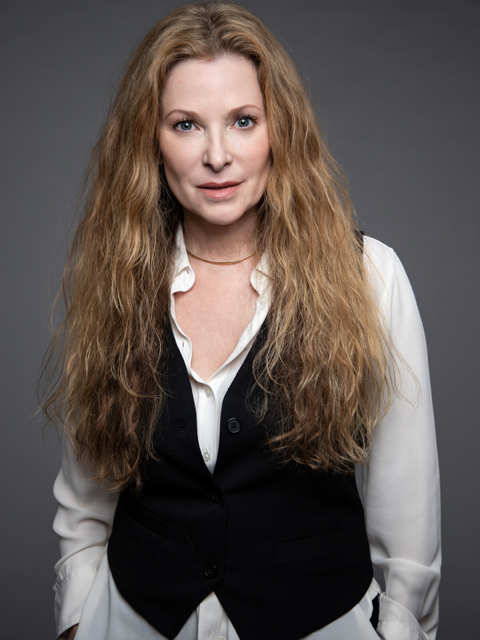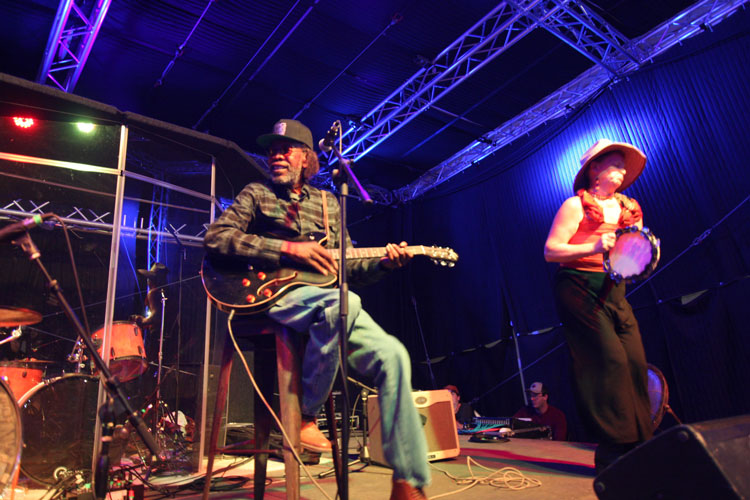
Film Screens Saturday, February 9 at 9:30 am, Malco Screen 1
What does it mean to be young, black, and a Democrat in the American South?
While I Breathe, I Hope, a documentary film about South Carolina politician and CNN commentator Bakari Sellers, will make its Mississippi
premier at the Oxford Film Festival with a screening on Saturday, February 9.

Titled after the South Carolina state motto (“Sum spiro spero”), the film follows Sellers on his historic 2014 campaign to become South Carolina’s first African-American lieutenant governor elected in over a century and through incidents such as the Charleston Massacre and removal of the Confederate flag.
Through these experiences, the film sheds light on what it means to be young, black, and a Democrat in the American South and deals with the challenges of race that still permeate much of the region and American politics as a whole.
The Oxford screening will be a part of the festival’s documentary feature
competition category and is recommended for audiences 13 years old and up. While I Breathe, I Hope is produced and directed by South Carolina native Emily Harrold. Additional Executive Producers include Jedd Canty, Karen Kinney, Charlamagne Tha God, and Marco Williams. Producers include Lauren Franklin, Diane Robertson, and Xuan Vu.
In 2014, Bakari Sellers—one of the youngest sitting members of the South Carolina House of Representatives—campaigns to be the first African American elected to statewide office since the 1870s. He runs for Lieutenant Governor, the second highest office in the state. The son of Cleveland Sellers, a prominent 1960s Civil Rights activist who was a leading member of SNCC, Bakari understands the difficult race relations in the American South.
He says, “Our race is not about what South Carolina was, it’s not about what South Carolina is, but it’s about what South Carolina can be.” But as a Democrat in a red state, Bakari has a tough race ahead. News media consistently place Bakari behind his Republican opponent, Henry McMaster. Moreover, South Carolinians have not elected a Democrat to state office since 2006. Bakari doesn’t help his electability among white voters when he makes removing the Confederate Flag part of his
campaign platform. But he refuses to give up. “I can’t win if I don’t run,” he states. But, in the end it seems South Carolina isn’t ready for the kind of change Bakari wants to bring to his state.

Just months after the election, racially motivated shootings in Charleston in June of 2015 throw Bakari back into the spotlight. As he struggles to deal with the brutal death of his friend Clementa Pinckney, he finds thousands of faces turn to him for leadership. Bakari rises as a spokesperson for the community while also trying to unravel and understand the strained race
relations of his beloved state. As the Confederate Flag drops from the State House grounds, he is on national television explaining the momentous nature of this event.
In one of the most significant moments of his life, Bakari addresses the Democratic National Convention in Philadelphia. He brings audiences to their feet as he proclaims “Stand up for progress. Stand up for justice. And stand up if you know like I know that we’re stronger together!”
Bakari Sellers is from Denmark, South Carolina. He is the son of prominent Civil Rights Activist Cleveland Sellers, who was active in the 1960s Civil Rights movement and was a leader of the Student Nonviolent Coordinating Committee. In 2006, Bakari became the youngest Black elected official in the Country when he was elected to the South Carolina House of Representatives. He served in the South Carolina House for eight years. Bakari is a graduate of Morehouse College and the University of South Carolina School of Law. He is a practicing attorney at Strom Law Firm.
In 2015, he joined CNN as a political commentator. He frequently appears on State of the Union, CNN Tonight, and Anderson Cooper 360°. He was named TIME Magazine’s 40 Under 40 in 2010 as well as 2014, and in 2015 he joined “The Root 100” list of the nation’s most influential African-Americans.



